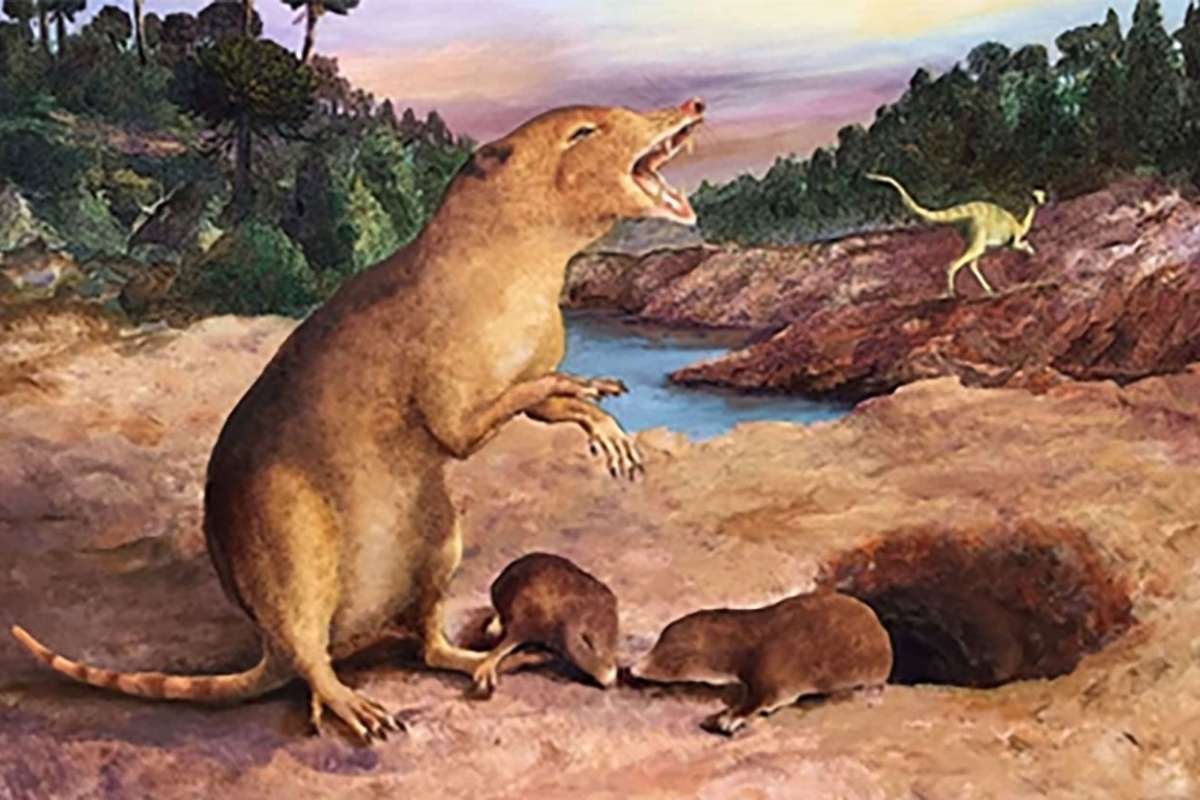In an extraordinary scientific breakthrough, researchers have confirmed the existence of a 200-million-year-old species of mammal once believed to be extinct. The long-beaked echidna (Zaglossus attenboroughi), named after British naturalist Sir David Attenborough, has been rediscovered in the dense, rugged rainforest of Indonesia’s Cyclops Mountains. The species had not been documented since the 1960s, when a dead specimen was last found, leading many to believe it had vanished forever.
The confirmation came through a combination of cutting-edge technology and deep-rooted indigenous knowledge. In 2023, a team from Oxford University captured potential footage of the elusive animal during an expedition to the area. Following years of scattered clues, including field signs and local reports, a recent study on Biodiversity has now verified the echidna’s existence.
Blending Science with Traditional Knowledge
Signs of the echidna had lingered for decades, giving researchers hope. In 2007, scientists discovered characteristic “nose pokes,” small holes in the ground made when echidnas dig for invertebrates throughout the Cyclops Mountains. Indigenous communities had also reported occasional sightings, further suggesting the species might still be alive.
Between 2017 and 2018, researchers began integrating participatory mapping and indigenous ecological insights to assess the likelihood of the echidna’s continued survival. These efforts laid the foundation for targeted searches using modern technology. Crucially, camera traps placed across the mountains during 2022 and 2023 finally captured clear photographic evidence. In total, 110 images across 26 separate encounters confirmed the presence of Zaglossus attenboroughi in its natural habitat.
The rediscovery highlights the importance of combining local knowledge with scientific investigation, especially in biodiverse regions that remain underexplored.
Ancient Lineage Brought Back to Light
The long-beaked echidna belongs to an ancient group of mammals known as monotremes, unique creatures that lay eggs instead of giving birth to live young. This group also includes the well-known platypus and two other species of echidna. Monotremes diverged from the main mammalian lineage over 200 million years ago, making them evolutionary outliers and biological treasures.
Until now, the only modern records of the long-beaked echidna came from the Cyclops Mountains, although it once ranged as far as the Oenaka Range in Papua New Guinea. Its rediscovery underscores the resilience of species in remote habitats and the urgent need for further conservation efforts.
According to the study, more than 2,000 species globally fall into the category of “lost species” — animals and plants not documented for extended periods. Scientists say that findings like this offer a glimmer of hope for other organisms that may still be quietly surviving in hidden corners of the world.
“Rediscoveries offer hope that others survive, especially in places where biological research has been limited,” the researchers noted. This discovery not only rewrites the fate of the long-beaked echidna but also reignites the quest for other lost species across the globe.







